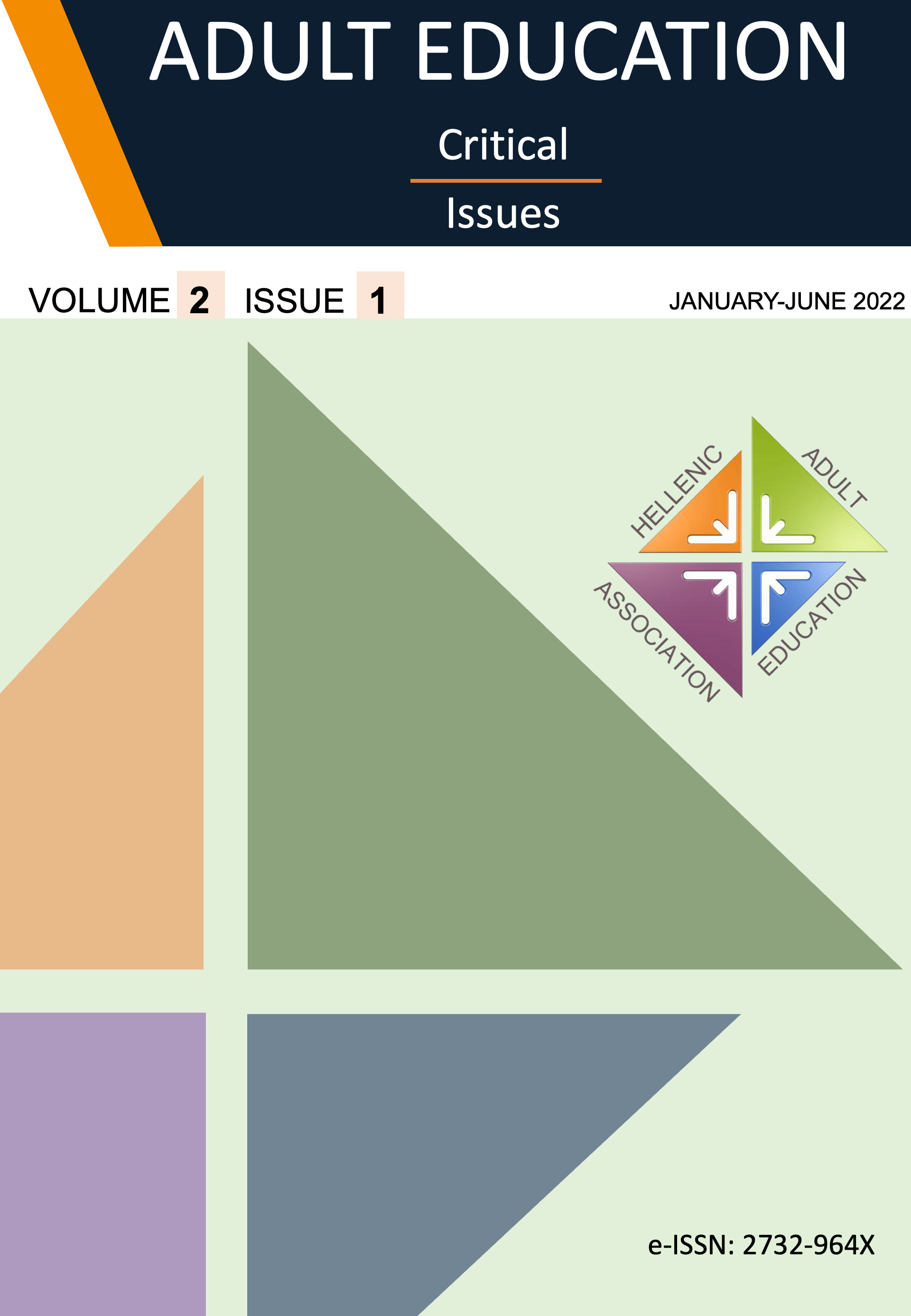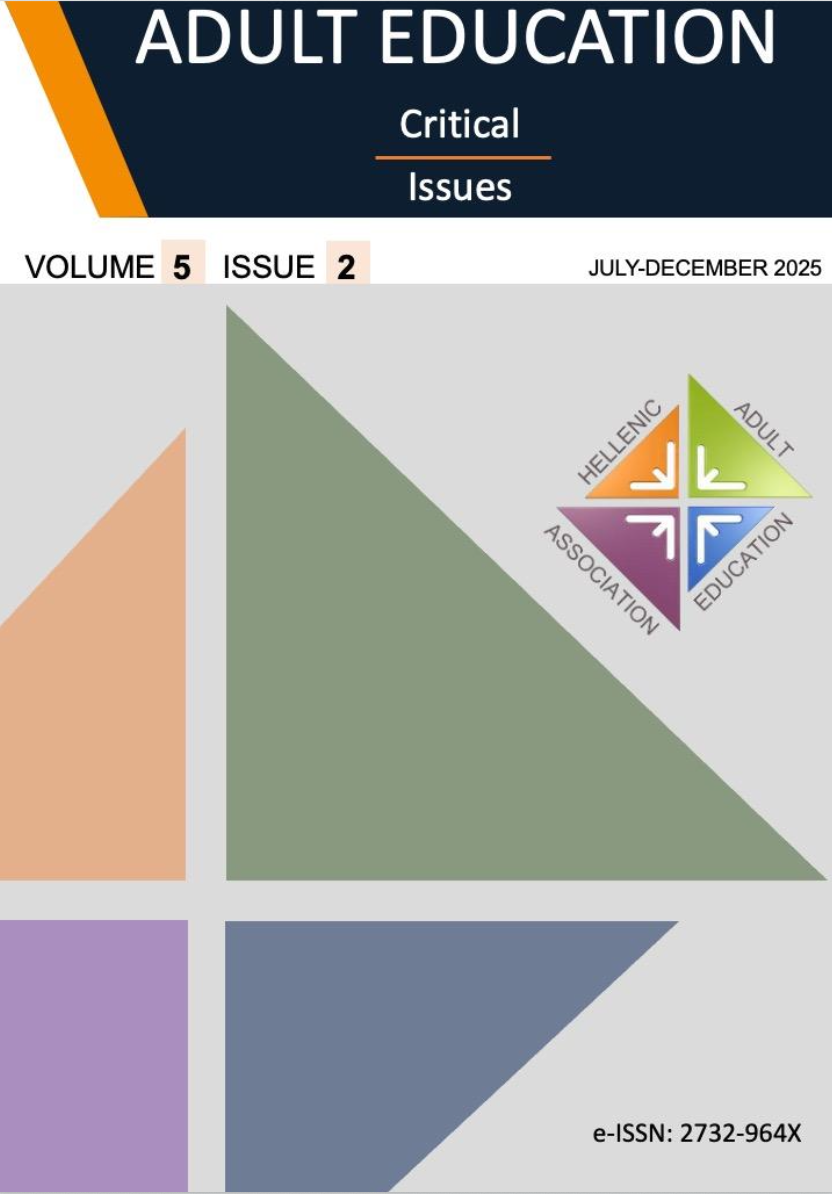Teachers’ education and training in the field of the 4th industrial revolution

Abstract
The purpose of this research is to investigate the perceptions of Secondary Education teachers in the Region of Western Greece of training in the light of the 4th industrial revolution. The research data were collected from 422 teachers with the quantitative method and the use of a questionnaire. The results of the research show that the secondary education teachers of the sample have low level of knowledge about the 4th industrial revolution, whereas they consider that training on issues related to the field of the 4th industrial revolution is important for their work. The university is considered to be the best institution for organizing training seminars. Also, teachers think that training should be optional, should last six months and should be implemented with the use of blended learning method (synchronous - asynchronous actions with a limited number of face-to-face sessions). The main training topics should be the new technologies and their use in education. Finally, there is a positive correlation between the demographic characteristics of the sample and the teachers' perceptions of the 4th industrial revolution and their training needs.
Article Details
- How to Cite
-
Zogopoulos, K., & Gioti, L. (2022). Teachers’ education and training in the field of the 4th industrial revolution. Adult Education Critical Issues, 2(1), 45–69. https://doi.org/10.12681/aeci.29901
- Section
- Articles

This work is licensed under a Creative Commons Attribution 4.0 International License.
Authors who publish with this journal agree to the following terms:
- Authors retain copyright and grant the journal right of first publication with the work simultaneously licensed under a Creative Commons Attribution License that allows others to share the work with an acknowledgement of the work's authorship and initial publication in this journal.
- Authors are able to enter into separate, additional contractual arrangements for the non-exclusive distribution of the journal's published version of the work (e.g., post it to an institutional repository or publish it in a book), with an acknowledgement of its initial publication in this journal.
- Authors are permitted and encouraged to post their work online (e.g., in institutional repositories or on their website) prior to and during the submission process, as it can lead to productive exchanges, as well as earlier and greater citation of published work (See The Effect of Open Access).



